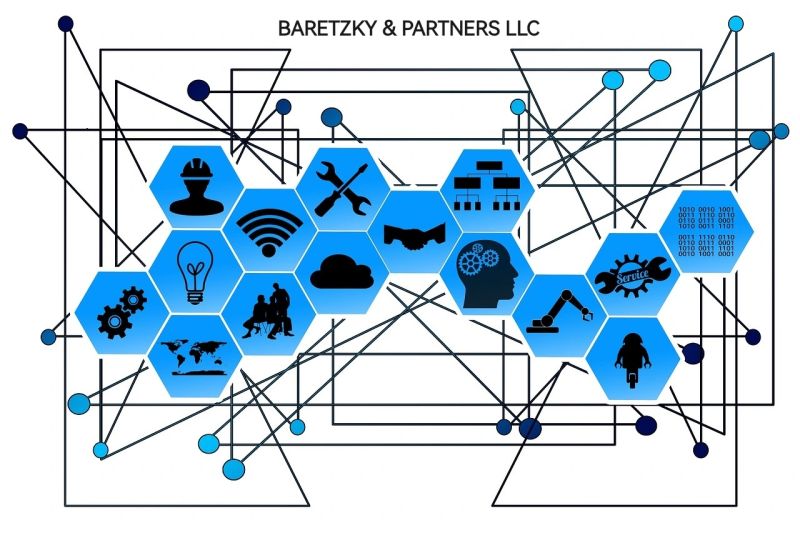
At its core, information policy involves setting the rules and frameworks that govern the collection, dissemination, and use of information by individuals, organizations, and governments. These policies aim to balance various societal goals, such as promoting transparency and innovation, while also safeguarding privacy, intellectual property, and national security.
One key component of information policy is access to information, often framed as a fundamental right in democratic societies. Freedom of information laws allow citizens to request and receive data from public institutions, fostering accountability and transparency. This right is crucial for ensuring an informed public, holding governments accountable, and enabling meaningful participation in decision-making processes.
On the other hand, the right to privacy is also central to information policy. As digital technologies enable the mass collection and processing of personal data, governments and organizations must establish rules to protect individuals’ privacy rights. These include data protection regulations, such as the General Data Protection Regulation (GDPR) in Europe, which set strict requirements for how personal data is collected, stored, and used.
Intellectual property (IP) rights are another important aspect, aimed at protecting creators’ ownership over their work, whether it’s in literature, software, or scientific research. IP laws ensure that creators can benefit economically from their creations, while balancing this protection with the need for open access to information, particularly in education and research sectors.
Information policy and rights represent the intersection between ensuring access to information and protecting individual privacy and intellectual property. Balancing these often-competing interests is a complex challenge that requires ongoing attention from governments, institutions, and society at large.
www.baretzky.net




















